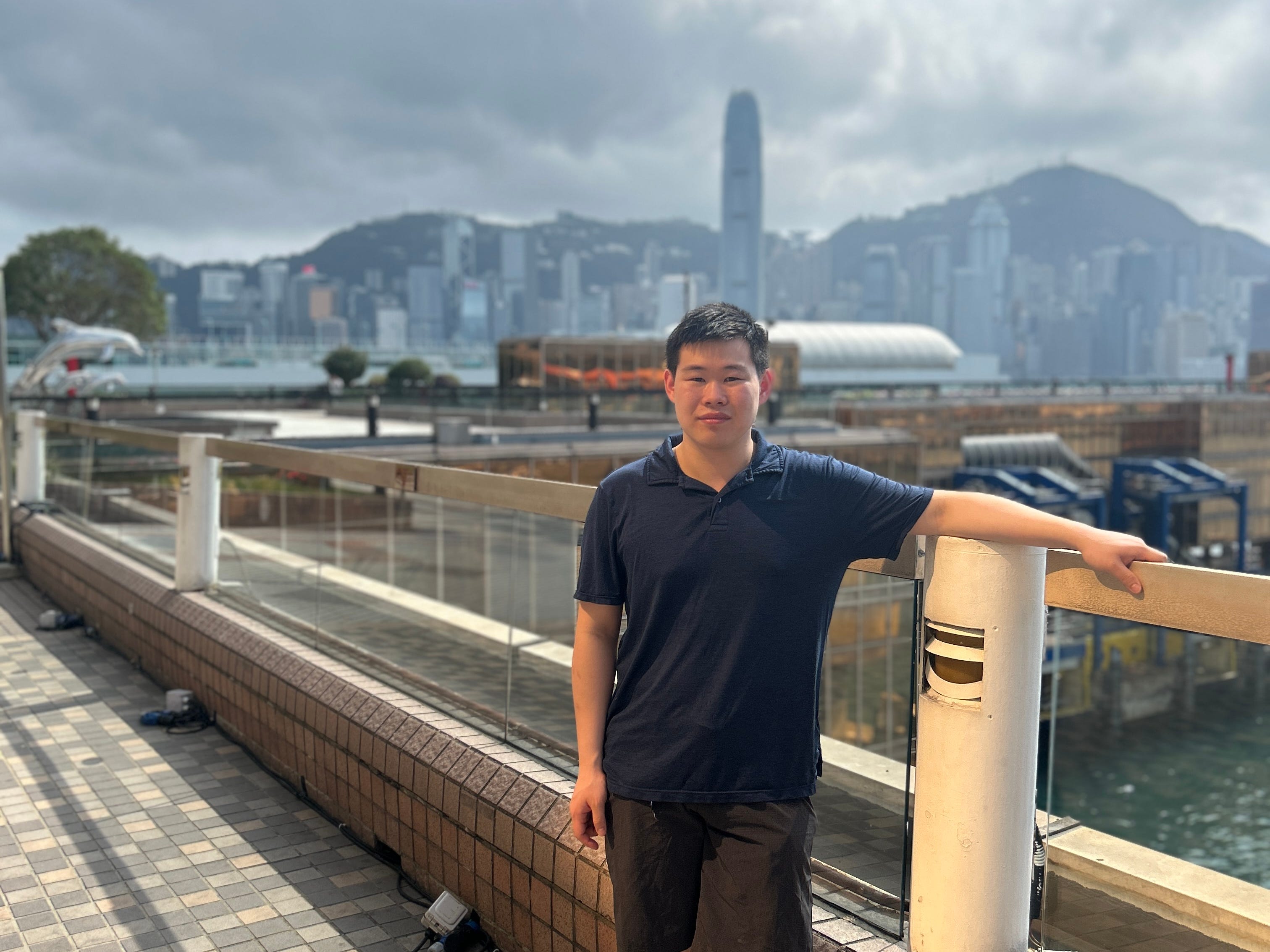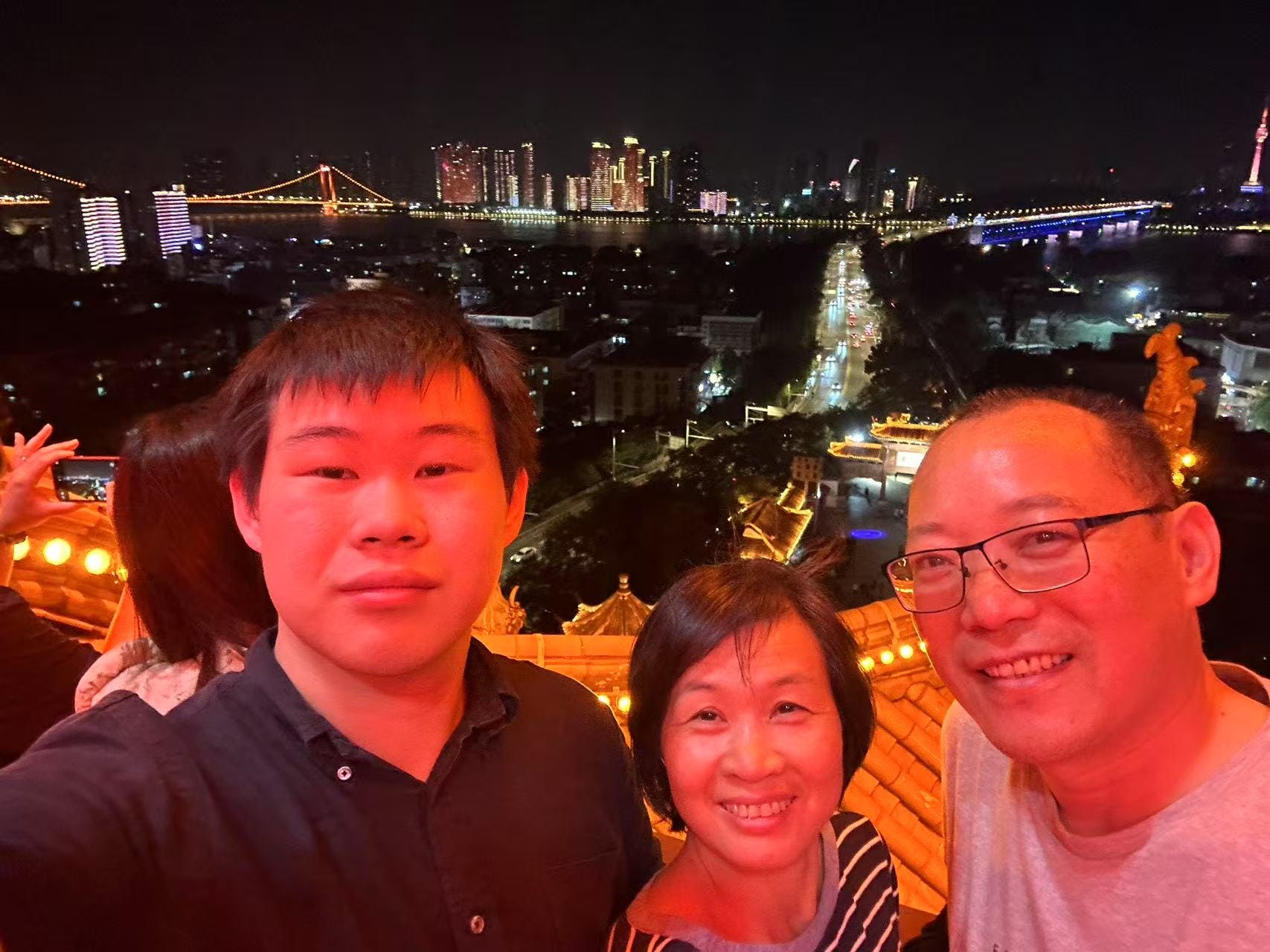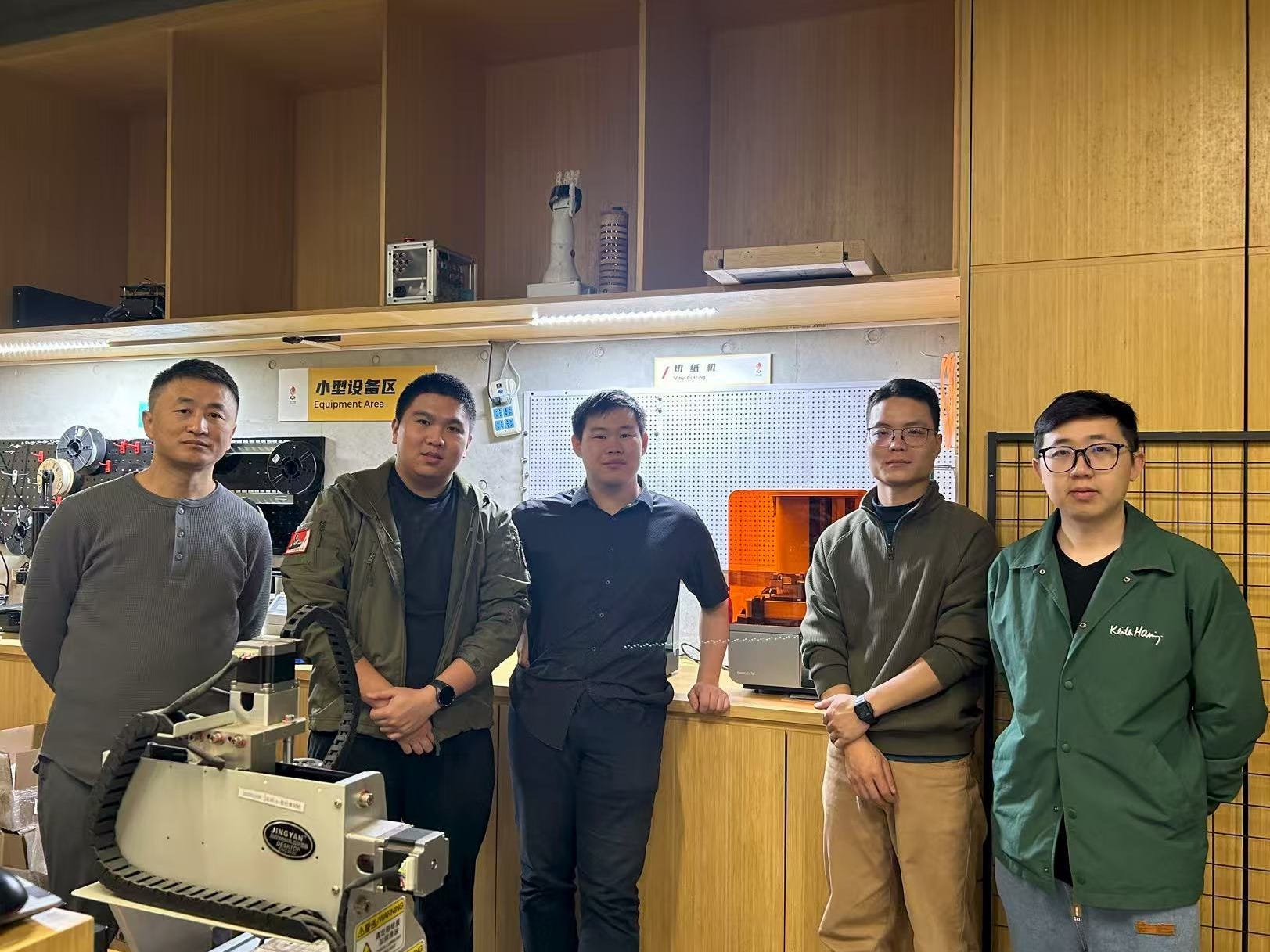
Provided by Kennedy Liu
This as-told-to essay is based on a conversation with Kennedy Liu, 25, a Chinese American now living in Shenzhen. His words have been edited for length and clarity.
I was born in Beijing and moved to California when I was 11. Now, at 25, I’ve chosen to grow my career in China.
Even before the move, I knew my family was different. In China, most kids I knew were taking extra prep classes — I wasn’t. My parents focused on developing my personal interests, things like electronics, painting, and crafts.
When we first arrived in San Jose, my mom, younger brother, and I lived in a one-bedroom guesthouse in a friend’s backyard. We went from a dense, crowded neighborhood in Beijing to a low-rise, spread-out suburb. A year later, we found a place of our own, and my dad joined us after finishing his job in China.
It was my education that prompted my parents to move.
Relocation, as a family
I started off in public school, and for the first four months, I couldn’t understand anyone. I could only talk to a few other Chinese students, and it often felt like I never knew what was going on. Things improved after I transferred to a private high school.
When we moved, my brother was around three, making it easier for him to integrate. My younger sister was born in the US, so her entire frame of reference is completely different.
The move was harder on my parents. They faced cultural, language, and networking challenges that made it difficult to regain the same level of success and stability they had in China.
After moving to California, my dad never learned to speak English. He gave up his career and now works long hours as a delivery driver, finding fulfillment in reading and writing during his free time.
My mom, who speaks fluent English, transitioned from running an education company in China to starting a college consulting business in the US. Her church has helped her to build a new community.
They plan to return to China once my siblings are grown.

Provided by Kennedy Liu
Growing my career in China
I’m not a strong test-taker, and if I had stayed in China, I probably would’ve ended up at a mid- to low-tier university and landed a low-paying job. In the US, my grades weren’t great, but academic performance wasn’t the only way I was being measured.
I excelled in STEM and art. I liked making things, which led me to pursue a bachelor’s degree in industrial and product design at the Rhode Island School of Design.
After graduating, I got a job as a mechanical engineer at Formlabs, a 3D printing company based in Massachusetts. That’s when I started noticing all the innovation coming out of China — especially in Shenzhen.
I shared some of my observations with the company’s leadership, which ultimately led to the launch of Formlabs’ R&D center in China. Last year, I moved back to China as an engineering lead to establish the new center in Shenzhen.
For a while, I split my time between the US and China, but I’ve been primarily based in China since February.
A new work-life balance
From the beginning, it was clear we needed to operate more like a Chinese company — focused on speed and hitting targets.
When building innovative hardware, the goals are set, but the path and requirements are often unclear. You have to make system and product-level decisions as new information comes in. In the US, I found it easier to get engineers to think that way.
Here, people are skilled at taking well-defined tasks and making them cheaper and more efficient. I initially tried a flatter organizational structure, but the right decisions weren’t getting made. The team struggled when they had to define requirements themselves. Now, a few top team members make decisions with me, so the rest of the team can stay focused on execution.

Provided by Chaihuo Makers
Day-to-day life
My day starts around 9 a.m. and I work until 11 p.m. since many of my meetings are with our US team.
Takeout in California used to cost me around $35, so I cooked a lot: fried rice, braised pork belly, risotto, stews. I even made my own pizza dough.
My life in Shenzhen doesn’t afford me time to cook. I can get decent Chinese, Japanese, and Korean food for around 35 yuan, or about $5.
Outside of work, I hang out with locals and others in the industry. Karaoke is big here, but I still need practice with Chinese songs. I usually end up singing hits like “Rolling in the Deep.”
When it comes to identity, I describe myself as a “rootless Chinese” with a propped-up American front.
In China, I say I’m from California. People can tell I’m not local, so it helps them make sense of me.
A colleague once told me I’d probably stay here, marry a local, and start a family. I’d consider it.
For now, I know China is the best place for me.
Do you have a story about moving to Asia that you want to share? Get in touch with the editor: [email protected].
The post My parents immigrated to the US for my education. I returned to China to build a career. appeared first on Business Insider.



